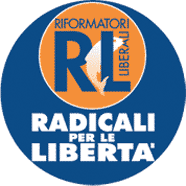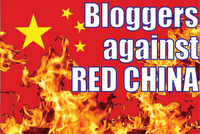Dall' OpinionJournal: "Sovereign Impunity There's a difference between Abu Dhabi now and Japan in the 1980s.
They've been around for decades, but their recent growth has been explosive. They often operate outside any regulatory framework, while their investments are often opaque and their intentions have been questioned by governments around the world. Their assets are now measured in trillions of dollars, up from the 'mere' billions they controlled as recently as 1990.
But wait--are these 'sovereign wealth funds,' or hedge funds? Actually, the description applies to both. And in both cases, it is easy to overstate the dangers in their recent growth. That said, there are important differences between the private pools of capital known as hedge funds and the public pools that have come to be called sovereign wealth funds."
[...]
Sovereign wealth funds are not voluntary aggregations of capital earned by risk taking. They represent the concentration of wealth that results from government, rather than private, ownership of natural resources, especially oil. It's no accident the Abu Dhabi fund was formed in the first petrodollar era in the 1970s, and that it is booming again amid the current sequel. These funds owe much of their current size from bad U.S. monetary policy. We were nearly as "dependent on foreign oil" in the 1980s and 1990s as we are today. But with a responsible Federal Reserve and strong dollar, there was no boom in petrodollars.
[...]
Only in this decade, amid the Fed's dollar abdication, have we again seen the boom in commodity prices that is enriching Russia, the Arab kingdoms, Venezuela (see below) and other dubious corners of the globe. Our own monetary mistakes have made these funds richer than they would be under normal market conditions. The response should not be to restrict their investment, but to start protecting the value of the dollar so that the price of oil falls back down to where it reflects supply and demand, not a cheapening U.S. currency.
Then these funds will become less important as a source of global capital. In the meantime, "sovereign" money that invests in America should be welcome as long as it plays by American rules and doesn't threaten our national security.
Saturday, December 01, 2007
Abu Dhabi non è come i giapponesi e gli hedgies
Posted by Unknown at 3:12 AM
Subscribe to:
Post Comments (Atom)
























0 comments:
Post a Comment